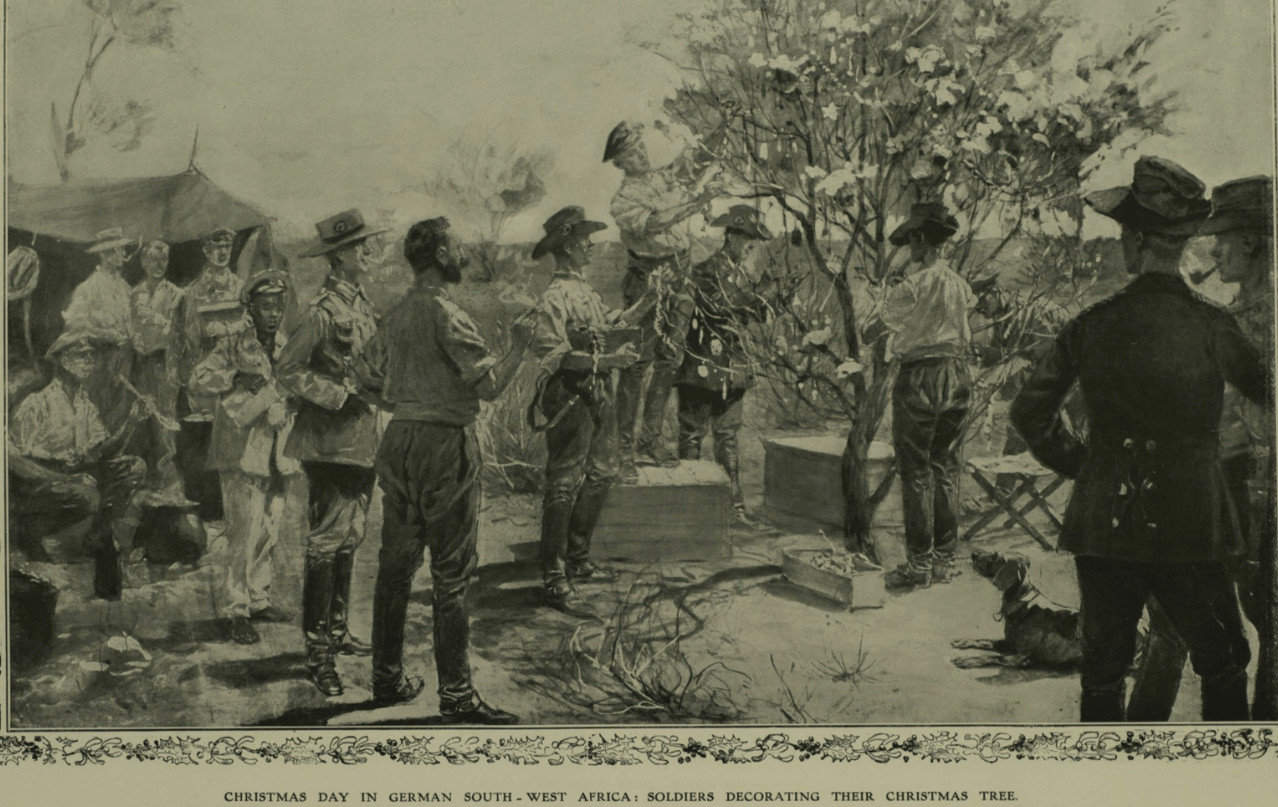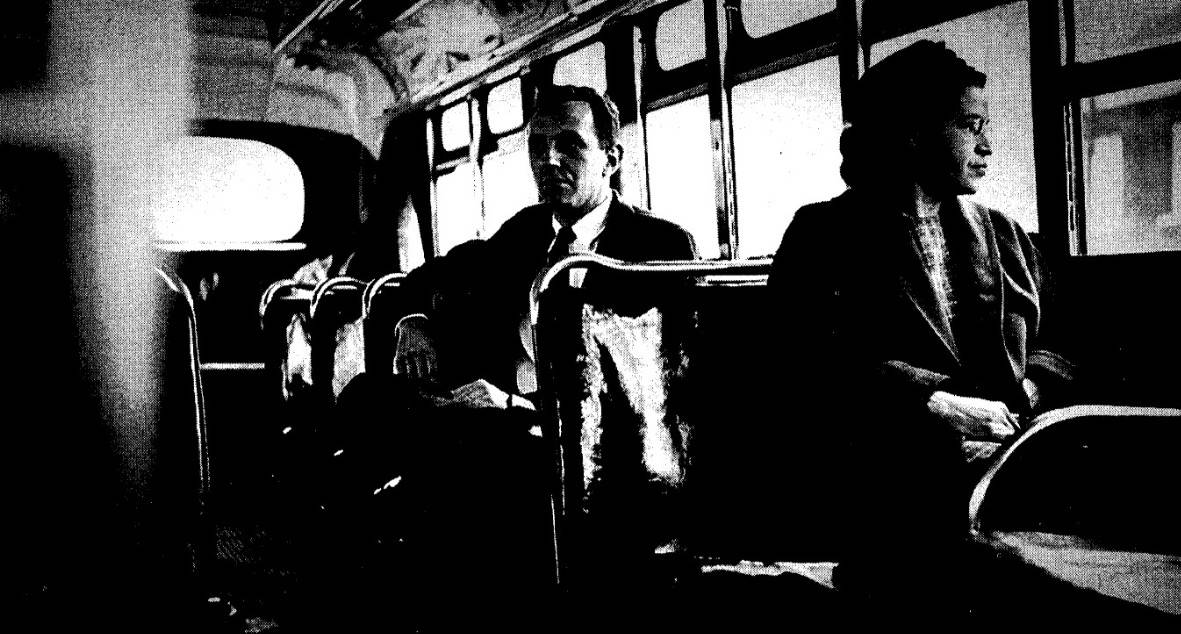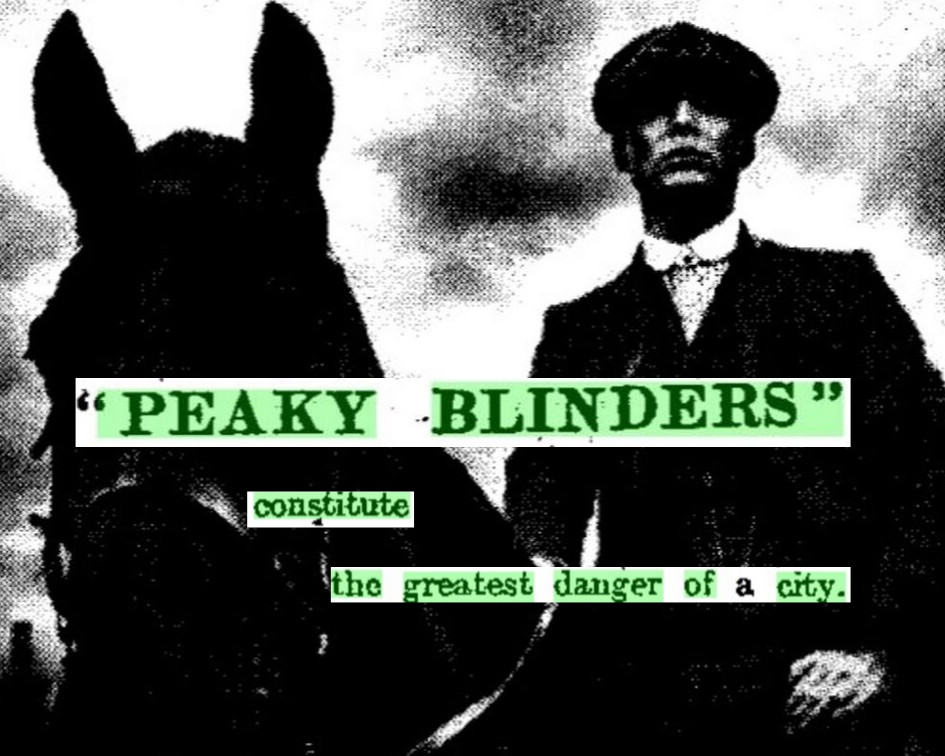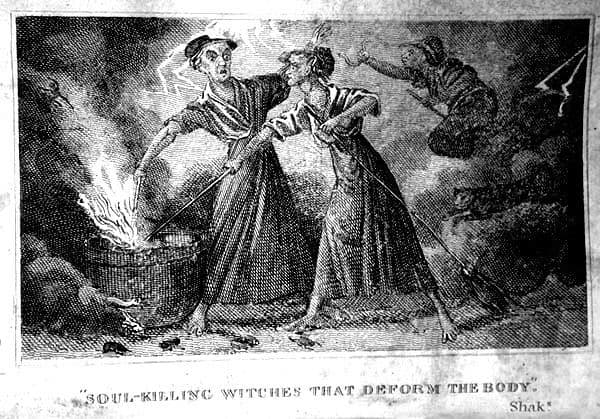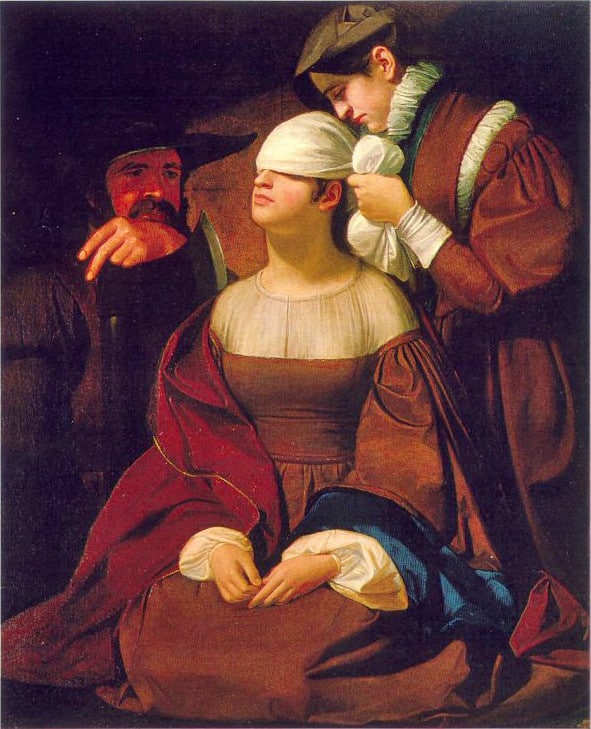In this blog post, PhD student Meg Ison explains what she teaches and how she introduces students to primary source research skills at the University of Portsmouth. She also explores the new module of Women’s Studies Archive, Voice and Vision, and the fascinating insight it can give students into women’s involvement and influence in colonialism.
University of Portsmouth
What Is the Meaning of Christmas? Celebrating the 25th December Around the World in History
| By Meg Ison, Gale Ambassador at the University of Portsmouth |
The longed-for Christmas break ultimately meant one thing for me as an undergraduate student reading French and History at the University of Portsmouth: January deadlines. Bah humbug! This time last year, as a student studying for an MSc in Social Research methods at the University of Southampton, the festive period was just a short break from terrifying lectures on statistical equations and mind-boggling sociological theory. Now I am a PhD student without looming French grammar tests or the self-imposed pressure to become a Master of Science. (You can read about how myself and social research methods are coming to terms with our differences here). Consequently, I am looking forward to a stress-free build up to the 25th December for the first time in years! Despite my newly found freedom, I am no less academically curious over the festive period. As such, I have enjoyed spending time this vacation delving into the Santa’s grotto that is Gale Primary Sources – overflowing with exciting archives, it is undoubtedly a treasure trove for researchers – to find out how Christmas has been celebrated around the world in history.
Remembering Rosa: When One Word Sparked a Civil Rights Movement
| By Emily Priest, Gale Ambassador at the University of Portsmouth |
On December 1st, 64 years ago, one simple word sparked a civil rights movement we will never forget: “No”. So began one woman’s fight against oppression in America, and her name was Rosa Parks. A tired seamstress on her way home from work, Rosa unknowingly became “the mother of the civil rights movement” by refusing to give up her seat to a white man. Using Gale’s Historic Newspapers, and other digital archives, it is possible to travel back to this moment and, through the lens of primary sources, fully appreciate the bravery of her protest and the impact of the waves it sent out across America. On this important anniversary in human history, let’s take a moment to remember Rosa, celebrate her achievements and reflect on our past, in hope of a better future.
Atmospheric but Not Accurate – Five Ways ‘Peaky Blinders’ Stretched the Truth
│By Emily Priest, Gale Ambassador at the University of Portsmouth│
Since 2013, Peaky Blinders stormed the UK television charts. Five seasons and a well-deserved BAFTA later, the series continues to intrigue, outrage and fascinate viewers with its gritty, unflinching depiction of Birmingham gangs – the once very real “Peaky Blinders” gang in particular.
It’s Time to Share the Spotlight: Exploration of Trans Visibility Over the Years
By Emily Priest, Gale Ambassador at the University of Portsmouth
Today, 31st March, is Trans Visibility Day and, although it is a day to celebrate, it is also a day to reflect on the past to appreciate how far we’ve come. Looking back on trans history and how much visibility the community used to have can be hard swallow at times but it is easy to research using the archives Gale’s Primary Sources. To put things into perspective I used Archives of Gender and Sexuality to compare how society has previously treated trans people with how they’re treated now.
Double, double, toil and trouble Witchcraft methodology in nineteenth-century Britain and the U.S.
│By André Buller, Gale Ambassador at the University of Portsmouth │
Ideas of sorcery, witchcraft and incantations have persisted in intriguing me throughout my years of study. The ways in which the supernatural arose and manifested alongside historical events has always fascinated me, and consequently I’ve found myself studying subjects that considered the mystical in both the literary and historical units of my degree. The topics I’ve studied in these classes have ranged as widely as manifestations of the supernatural have in the past. One week I’d study the seventeenth century, witch-hunts of Salem and the pursuits of Matthew Hopkins, but by the next week be focusing on the rise of Occultism.
Though definitely interesting, the famous contention between sceptical magician Harry Houdini and stalwart believer Arthur Conan Doyle did not discuss specific methods of magical practise at that time, leaving something of a gap in my knowledge of how the mysticality of witchcraft persisted in the nineteenth century. However, Gale Primary Sources proved bountiful once again, and through exploring this wealth of documents it is possible to answer methodological questions – such as how people cast spells – to those of a more analytical nature, such as how witchcraft was defined in the Victorian era.
A genius on the throne: Lady Jane Grey remembered
│By André Buller, Gale Ambassador at the University of Portsmouth │
Throughout my historical studies, I remember the speed with which teachers and lecturers taught the Tudor period. Like a child faced with a wall of selections at the sweet shop, it’s practically impossible to give the entire period as much attention as one would like. Thus, more often than not the class would undergo a whistle-stop tour of the century, passing from the social unrest of Edward to the stark Catholicism of Mary’s reign with little consideration to what came in between. Lady Jane Grey has always been an interesting figure to me, and through the incredible resources of the Gale archives it is possible to inspect her further, and see how she has been remembered in the centuries that followed her brief and tragic reign.
On Her Majesty’s’ Secret Service – Elizabeth I in the age of spies
By Rory Herbert, Gale Ambassador at the University of Portsmouth
While I’m sure we’re all familiar with the daring tales of English privateers and explorers during the Elizabethan age, there remains a forgotten and crucial element that helped Elizabeth maintain power. Under her reign, and with the significant help of her counsel, Elizabeth helped to cultivate and manage an extensive network of intelligencers, spies and informants that spanned the length and breadth of the continent. And what better way to view these official government communiques than in Gale’s State Papers Online.
James Greenwood – Social Reformer or Opportunist?
by Rory Herbert
James Greenwood was an author of relative obscurity who came to fame abruptly following the publication of his serial A Night in the Workhouse in the 1860s by the Pall Mall Gazette. He soon found himself rising through the ranks of the Victorian social ladder and became one of the leading social commentators of his age. This revolutionary piece saw Greenwood experience the conditions of a workhouse firsthand in one of the first examples of investigative journalism. Yet, while his work was quickly adopted by social reformers and critics alike, it seems the author himself was somewhat less interested in the people he claimed to support and, instead, focused on appealing to a wider audience.


